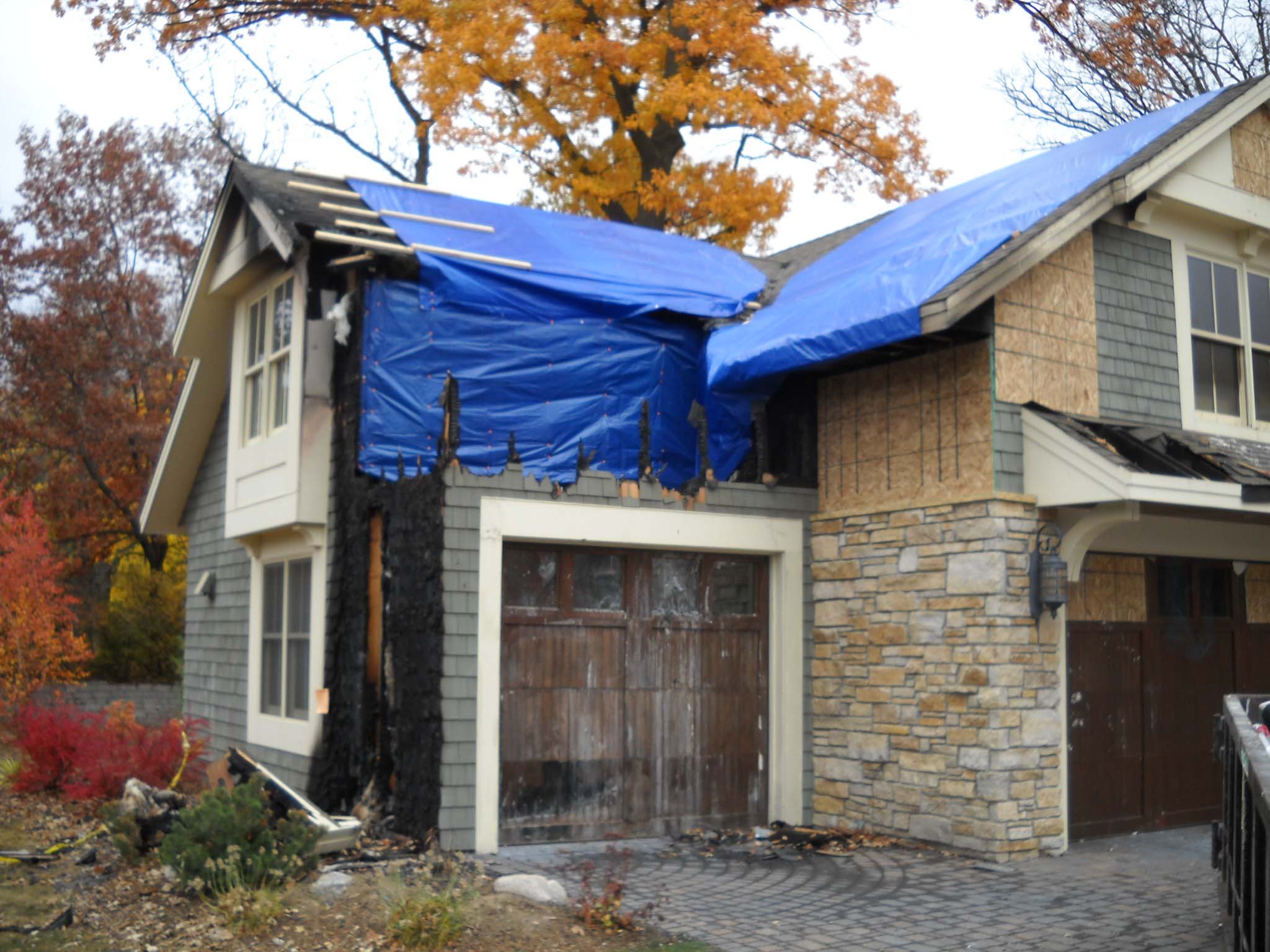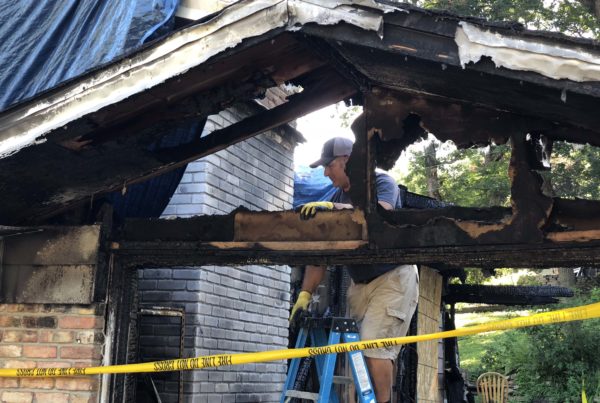Cleaning tips for removing soot and smoke from your walls
Fires are a frightening thing. Whether the fire was in the corner of a room, or an entire floor, we have some tips to help you navigate through the fire damage restoration process.
Hire a professional
Restoration professionals clean up fire, water, and mold damage every day. They are experts with special cleaning products and equipment. Going this route will not only reduce your stress and give you and your family time to heal, but you can rest easily knowing your home is properly cleaned and repaired.
DIY: Cleaning Soot and Smoke Off Walls
Visible soot on your walls or ceilings is not only unsightly, but soot can also be dangerous if not removed and cleaned right away. Tiny particles that make up soot can be inhaled and be detrimental to your respiratory system.
- First, ensure you are wearing the proper protective gear and supplies. We always recommend safety glasses, a mask, and gloves for protection. For supplies, grab a bucket, cleaning solution, degreaser, and a dry cleaning sponge (try Jon Don’s cleaning soot sponges). Trisodium phosphate (TSP) is known as the best product for soot removal and can be found at any Home Depot, Menards, or local hardware store. You can also use dishwashing liquid mixed with water for your degreaser.
- Next, empty the room or area you plan to clean, otherwise use drop cloths or tarps to cover any furniture, accessories, and rugs so nothing is ruined in the process.
- Get some ventilation going. Opening the windows and turning on ceiling or floor fans will help in drawing soot particles out of the room. Don’t forget to change filters and clean the fans once your cleaning is complete.
- Vacuum the walls from top to bottom but do not make contact with the wall as it could result in smearing. Using a HEPA filter attachment will also help with deodorizing.
- Using your dry cleaning or soot sponge, go around to the affected areas with the sponge and work your way down. These sponges are made of rubber and very effective grabbing the soot particles. Once the sponge becomes black, flip it and use the other side.
- Lastly, wash and clean your walls using your cleaning solution and degreaser. Use a microfiber towel to dry the areas or walls you just cleaned.
There is a lot that goes into soot and smoke removal. That’s why assessing your damages and deciding to go with a professional can be extremely beneficial. You can resume your life while the experts put your home back together. If you have any more restoration questions please don’t hesitate to contact us at 952-882-8904.








